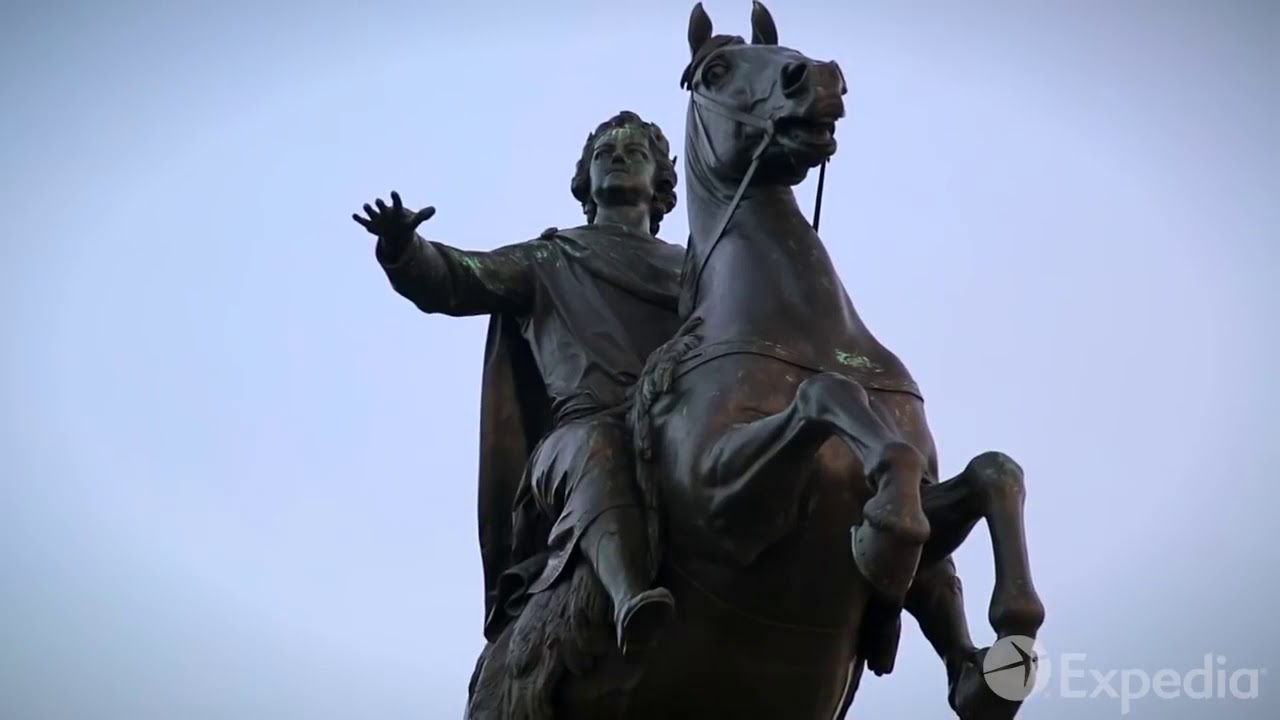Exploring Luxor with a local guide can truly transform your experience, offering insights into the city’s rich history, culture, and hidden gems that you might otherwise miss.
Here’s a guide to help you navigate Luxor like a local, even before you arrive:
Why Choose a Local Guide in Luxor?
- Deeper Historical Context: Local guides often have a more nuanced understanding of the ancient sites, sharing stories and interpretations passed down through generations or gained through specialized local knowledge.
- Insider Knowledge: They can lead you to less crowded areas, suggest the best times to visit popular sites, and point out details often overlooked by general tourists.
- Cultural Immersion: A local guide can help you understand contemporary Egyptian culture, customs, and etiquette. They can also facilitate interactions with locals in a respectful way.
- Logistical Ease: Navigating transportation, bargaining in markets, and understanding local procedures can be much smoother with a local’s assistance.
- Personalized Experience: They can tailor the tour to your interests and pace.
- Support Local Economy: Hiring a local guide directly contributes to the local community.
Finding a Local Guide in Luxor:
- Recommendations: Ask your hotel or guesthouse for recommendations. They often have trusted guides they work with regularly.
- Online Platforms: Websites like Viator, GetYourGuide, and local Egyptian tourism platforms often list tours offered by local guides. Read reviews carefully.
- Upon Arrival: You’ll find many guides offering their services near the major tourist sites. Be sure to negotiate the price beforehand and ask for their credentials (if applicable).
- Consider a Reputable Local Tour Operator: These operators often employ knowledgeable local guides and can arrange comprehensive itineraries.
What to Expect from Your Local Guide:
- Customized Itinerary: Discuss your interests beforehand (e.g., specific pharaohs, temple architecture, daily life in ancient Egypt) so they can tailor the tour accordingly.
- Detailed Explanations: Expect in-depth explanations about the history, mythology, and significance of the sites you visit.
- Logistical Support: They can help arrange transportation (felucca rides, taxis, private cars), and sometimes even assist with purchasing tickets.
- Cultural Insights: Ask questions about contemporary Egyptian life, customs, and traditions.
- Tips for Local Experiences: They can recommend authentic restaurants, local markets, and other off-the-beaten-path experiences.
Planning Your Luxor Exploration with a Local Focus:
Here’s a potential itinerary incorporating the insights a local guide can offer:
Day 1: East Bank – Temples and Local Life
- Morning (Karnak Temple): Start early to avoid the heat and crowds. A local guide will navigate you through the vast complex, explaining the significance of the Hypostyle Hall, the Avenue of Sphinxes, the sacred lake, and the various obelisks and pylons. They can point out specific hieroglyphs and details that tell fascinating stories.
- Lunch (Local Eatery): Instead of a tourist trap, ask your guide to take you to a local restaurant where you can savor authentic Egyptian cuisine. They can help you order and explain the dishes.
- Afternoon (Luxor Temple & Corniche Stroll): Explore Luxor Temple with your guide, learning about its connection to Karnak and its later uses. Afterward, enjoy a leisurely stroll along the Nile Corniche, observing local life. Your guide can share insights into daily routines and social interactions.
- Evening (Souk Experience): Visit the Luxor Souk (market) with your guide. They can help you navigate the stalls, find quality goods, and even assist with bargaining for a fair price.
Day 2: West Bank – Tombs and Temples with Depth
- Morning (Valley of the Kings): Your guide will help you choose which tombs to visit (as only a limited number are open at any time and photography is restricted inside most). They’ll provide context about the pharaohs buried there and the elaborate beliefs surrounding the afterlife. They might also share stories about the tomb excavations.
- Midday (Temple of Hatshepsut): Explore the magnificent mortuary temple of Queen Hatshepsut with your guide, understanding the unique architecture and the story of this powerful female pharaoh.
- Lunch (West Bank Local Restaurant): Enjoy another authentic meal at a local eatery on the West Bank.
- Afternoon (Medinet Habu & Local Craftsmanship): Visit the impressive mortuary temple of Ramses III at Medinet Habu. Your guide can highlight its well-preserved reliefs and historical significance. Afterward, they might take you to a local artisan’s workshop to see traditional crafts being made.
- Optional Evening (Felucca Ride at Sunset): Enjoy a peaceful felucca ride on the Nile at sunset. Your guide might share local folklore or stories related to the river.
Day 3: Beyond the Main Sites – Local Perspectives
- Morning (Deir el-Medina – Workers’ Village): Explore the fascinating remains of the village where the artisans who built the royal tombs lived. Your guide can offer insights into the daily lives, beliefs, and social structure of these ancient workers.
- Midday (Ramesseum – Mortuary Temple of Ramses II): Visit the Ramesseum, another impressive mortuary temple with its fallen colossal statue of Ramses II. Your guide can bring the history of this powerful pharaoh to life.
- Afternoon (Agricultural Visit or Local Interaction): Depending on your interests and your guide’s connections, you might have the opportunity to visit a local farm or interact with people in a non-touristy setting, gaining a deeper understanding of contemporary rural life.
- Evening (Traditional Music or Storytelling): Ask your guide if there are any local events or performances happening that offer a glimpse into Egyptian culture beyond the ancient sites.
Tips for Engaging with Your Local Guide:
- Be Respectful: Show respect for your guide, their culture, and the historical sites.
- Ask Questions: Don’t hesitate to ask about anything you’re curious about, whether it’s related to history, culture, or current events.
- Listen Attentively: Absorb the information and stories your guide shares.
- Be Punctual: Respect your guide’s time.
- Negotiate Fairly: Agree on the price and duration of the tour beforehand.
- Tip Appropriately: If you are satisfied with your guide’s services, a tip is a customary way to show your appreciation.
Planning Your Trip to Luxor (General Tips):
- Best Time to Visit: October to April offers the most pleasant temperatures. Summer months (June to August) are extremely hot.
- Dress Modestly: When visiting religious sites, dress respectfully (shoulders and knees covered). Loose, breathable clothing is recommended due to the heat.
- Stay Hydrated: Drink plenty of bottled water throughout the day.
- Sun Protection: Wear sunscreen, a hat, and sunglasses.
- Bargaining: Bargaining is common in markets.
- Photography: Be mindful of photography restrictions at certain sites and be respectful when photographing people.
By hiring a knowledgeable local guide, your exploration of Luxor will go beyond simply seeing ancient stones. You’ll gain a deeper understanding of Egypt’s rich past and present, creating memories that will last a lifetime. Enjoy your journey through the wonders of Thebes!









